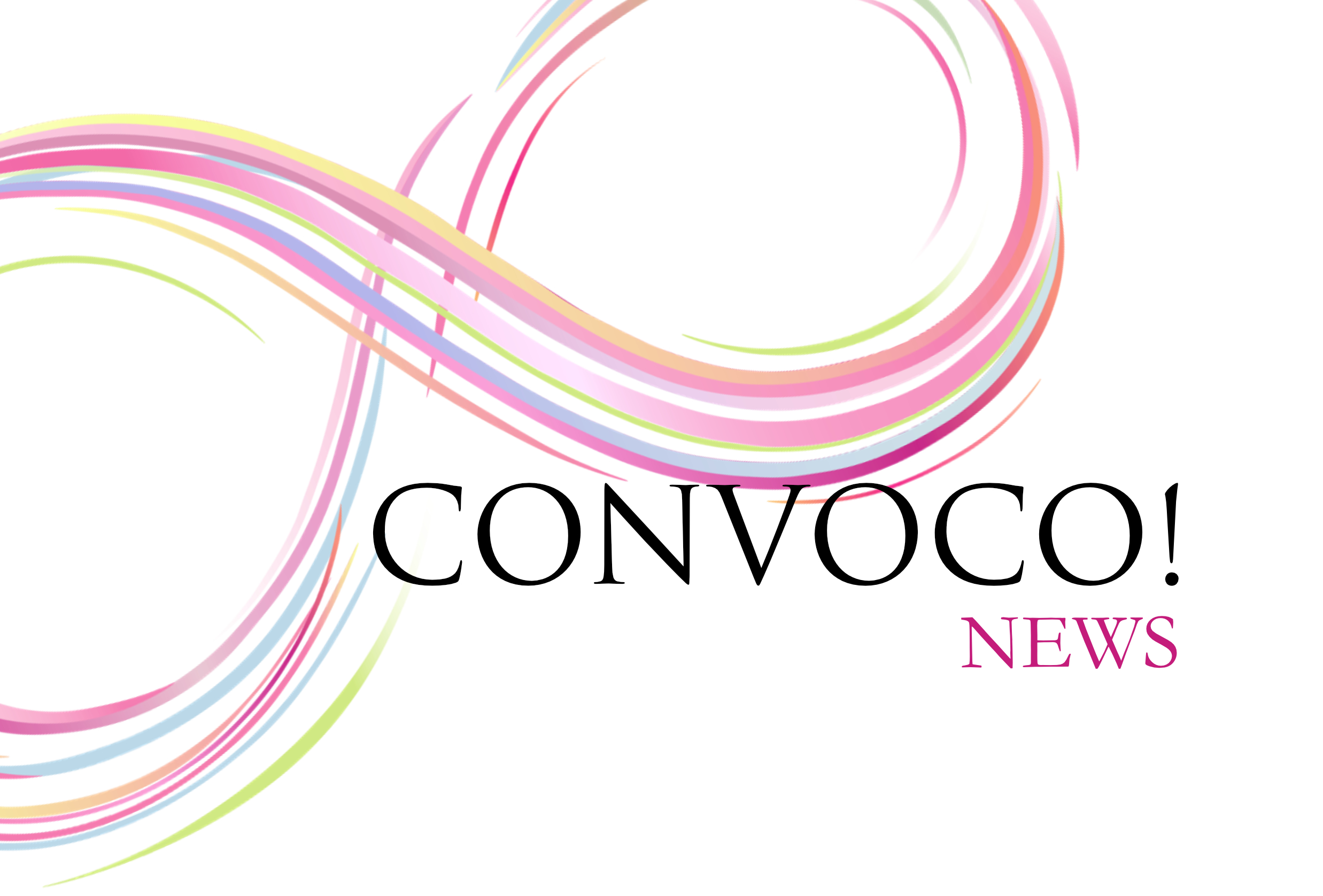Freedom and equality – freedom and justice. Pairs of concepts that were clearly defined in liberalism are becoming increasingly blurred today. Are we observing a shift in favor of equality and justice on the scale of values at the expense of freedom? And do we conceive of freedom differently today? Let’s take a closer look at the relationship between
Freedom and Equality
Freedom vs. Equality - What takes priority today?

Equality of outcome is about to take primacy over freedom. This reversal will not lead to a stable, normative social order and will therefore not last.

In the climate debate, we already see signs that freedom may only be used to the extent that it does not harm the climate. Climate protection has priority, and freedom is what remains. I see a similar development in terms of equality: freedom is restricted to those courses of action that remain after all equality requirements have been met.

A primacy of equality of outcome has fatal consequences for a society: incentives for production, education, savings and capital formation disappear. That would be the end of the world as we know it.

A reversal of freedom and equality leads to an illiberal society. A world in which freedom may only be exercised to the extent that egalitarian principles are adhered to is not desirable.
A Historical Perspective

After the revolutions in North America in 1776 and in France in 1789, it became paradigmatic that freedom could not represent a value that was independent of other political and social objectives. This gave rise to polarities, especially between freedom and equality […] which have continued to assert their relevance up to the present day. (C! Edition 2022)
The triad of “liberty, equality, and fraternity,” vigorously advocated by the French revolutionaries, already contained moments of tension. “Liberté” relied primarily on a justification in natural law, on the ideal of a politically liberated civil society, […] “Égalité,” on the other hand, referred to different expectations of the future, depending on whether its proponents backed legal, political/constitutional, or extensive social equality. (C! Edition 2022)
Alexis de Tocqueville saw Napoleon III’s activities as threatening to undermine freedom through deliberate promises of equality […] Behind the facade of equality, the state executive became independent. Similar tendencies, the call for more equality while simultaneously eroding civil liberties, were identified by contemporary commentators in Otto von Bismarck in Prussia. (C! Edition 2022)

Freedom and equality are not structured as parallel conditions of justice in modern societies. As a condition for the possibility of procedural justice, freedom is structurally self-legitimating, the concrete content of the exercise of freedom is not important. The meaning of freedom lies precisely in this possibility of exercising freedom with an indeterminate content. This is the core of all liberal theories of justice, which assume a primacy of freedom over equality. (C! Edition 2023, forthcoming)
The goal of freedom is not extensive equal treatment, but the freedom to (self-)differentiate. (C! Edition 2023, forthcoming)

It is nowadays quite common to portray “equality” as the great antagonist to freedom, and to perceive the relationship between these postulates as being full of tension. Underlying this view is the assumption that […] a greater degree of equality can only be achieved at the price of imposing greater restrictions on people’s personal freedom. […] When these concepts first rose to prominence in early modern times in the wake of the Age of Enlightenment, they were actually thought of as being mutually complimentary. Freedom and equality presupposed each other and were seen as twin values intended to be realized together. (C! Edition 2022)
In the 19th century it became clear that the unbridled exercise of freedom by the strong members of society could contribute to the weakening of the disadvantaged members and that existing inequalities might thereby be perpetuated and exacerbated. Freedom and equality thus increasingly came to be understood as values needing to be weighed up against one another and to be brought into some sort of a balance […] commonly referred as “social justice”. (C! Edition 2022)
It is arguably easiest to reconcile the postulates of freedom and equality not by seeking to erase all inequalities with respect to the distribution of material goods, but by ensuring that there is a level playing field and thus understanding equality to mean an “equality of opportunities.” This enables all members of society to avail themselves of equal freedom, but is at the same time compatible with an uneven distribution of material goods. (C! Edition 2022)
What balance does democracy require?

Representative democracy must combine freedom and equality in equal value and in relation to each other. The self-government of the democratic sovereign is based on these principles, which are implemented through institutions, processes, and rights. Freedom and equality are not only mutually dependent, but also mutually restrictive. (C! Edition 2022)
Material deprivation easily leads to social exclusion and a lack of political participation. The implementation of democratic equality therefore requires the guarantee of certain social rights, which serve, among other things, to minimize structural lacks of freedom and inequalities among the members of the demos. (C! Edition 2022)
Freedom, equality, and democracy always appear in new configurations and have to be balanced according to a variety of different normative and political decisions. (C! Edition 2022)

There needs to be a balance between communality (equality) and individuality (freedom). Increases in diversity enable greater personal development and thus an increase in freedom. However, this also goes hand in hand with a growing demand on the individual to behave in a way that recognizes and tolerates others—i.e. to restrain themselves under certain circumstances too. This results in a tension between gains in freedom and increases in consideration or self-restraint for the benefit of the common good. (C! Edition 2022)
Read more on the topic in the C! Edition How much Freedom must we forgo to be free?
Rolf Sachs Equality


